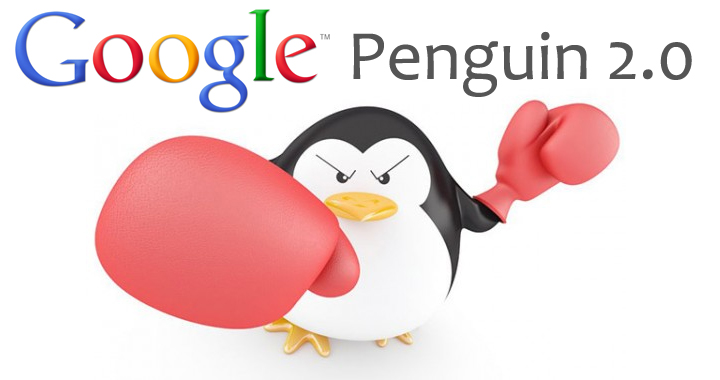What Does Penguin 2.0 Mean for SEO?

Each time Google announces an update to their complex algorithm system, companies and businesses have to stop their operations in order to react to these new changes. Potentially Penguin or Panda updates can mean drastic changes for a website. In light of this website owners need to be prepared to adapt to these changes so their site can recover as quickly as possible. Google is constantly updating its algorithm system in order to improve the results which appear on the SERP. Whether you agree with how this change affects your site is irrelevant, Google dictates where your site is ranked.
The algorithm update was unveiled across the search engine on May 22nd 2013. However that doesn’t mean that the ripple effects of the update are over. Penguin 2.0 was a substantial update to the search engine, affecting approximately 2.3% of all English and U.S. based queries.
How Penguin 2.0 affected SEO:
 When answering this question, it is important to understand what a Penguin update means. Google often devises various categories of different algorithm updates. However there are two main updates known as Panda and Penguin. In a nutshell a Panda update generally refers to content quality. Penguin on the other hand generally addresses anything under the webspam umbrella.
When answering this question, it is important to understand what a Penguin update means. Google often devises various categories of different algorithm updates. However there are two main updates known as Panda and Penguin. In a nutshell a Panda update generally refers to content quality. Penguin on the other hand generally addresses anything under the webspam umbrella.
How is this update unique?
This is the first Penguin update to actually change the algorithm. Previous Penguin updates have merely refreshed it.
The Penguin 2.0 update addressed several aspects of webspam including:
Authority
Google wants to help pages become an authority in their particular speciality. Due to this it wants to rank these pages higher. This is the biggest change sites are likely to see to the algorithm, and it is the first time this has been done. An easy way to become an authority is to utilise the Author Rank. However other ways include Google+ activity, social media presence and rich snippets.
Anchor Text
This has been looked at in previous updates. The Google algorithm is now looking even more closely at the anchor text which is being used to link websites. If the anchor text referring to your site is keyword rich then Google will find this unnatural. Due to this Google will then go down to the keyword level and lower your rankings. However this does not affect your website as a whole. This can be remedied over time by diversifying your Anchor text, and making it focus on branded variations.
Advertorials
This is where you find links which were clearly sold as opposed to earned by the company. The new algorithm has made this a priority. This is because Google as a search engine does not like link selling. The main reason is because it does not provide a successful SERP; essentially you are tricking Google into ranking you higher. As a result of the new changes any site found to be paying for content placements, including sponsored posts and blog posts, now need to provide a disclaimer and/or only make use of nofollow links.
Hacked CMS
As the Content Management System had either not been updated or simply didn’t deliver enough security, an increasing number of websites were being hacked. This massively affects the website ranking, as the website is penalised for this regardless of whether it is the webmasters fault or not. The new algorithm changes aim to rectify this by providing webmasters with time to rectify this before the sites ranking deteriorates.
In addition to these changes, as with previous algorithm changes, Google bots are going to become far stricter in how they rank sites. This includes black hat tactics such as keyword stuffing, door way pages and link spam which look set to continue their decline.
